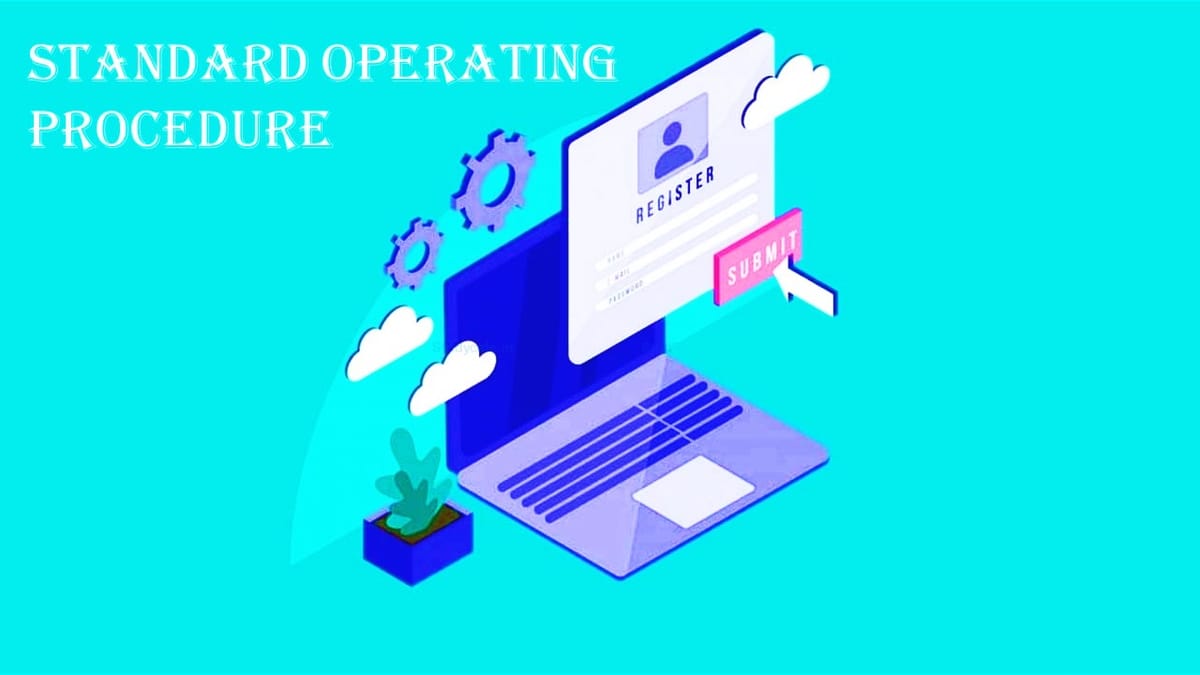The Delhi Government of NCT has issued Standard Operating Procedure for Cancellation of Registration and for Repository of Non-genuine Taxpayers via issuing Circular.
Reetu | Mar 4, 2023 |

Delhi GST Dept. Notifies SOP for Cancellation of Registration and for Repository of Non-genuine Taxpayers
The Delhi Government of NCT, Department of Trade and Taxes (Policy Branch) has issued Standard Operating Procedure for Cancellation of Registration and for Repository of Non-genuine Taxpayers via issuing Circular.
GST is an indirect tax which is levied on the supply of goods and services and is a comprehensive, multi-stage, destination-based tax. It is levied on every value addition. In order to avoid the cascading effect of levy of tax at each chain of value addition, GST regime involves seamless flow of credit on supplies. It enables taxpayers to claim input tax credit (ITC) of tax paid on inward supplies.
GST Authorities have detected large number of taxpayers involving in use of fake invoices and wrongful availment/utilization of ITC. Such ITC is availed on the inward supplies shown from non-genuine/existing taxpayers without actual supply of goods & services.
Non-genuine taxpayer is the one who issues invoice under GST Act without actual supply of goods or services to pass on inadmissible tax credit of ITC to the claimant. Non- genuine taxpayer shall also include the persons who obtain registration by means of fraud, wilful misstatement or suppression of facts and for the fraudulent purpose like claim of bogus refunds or generation of e-way bills for suppressed supplies of other taxpayer, but they themselves are not engaged in genuine business activity.
Several cases of monetisation of credit fraudulently obtained or ineligible credit through refund have been detected in the past. On Verification, several taxpayers were found to be non-existent in a number of cases. In all these cases it has been found that the Input Tax credit (ITC) was taken by the taxpayer on the basis of fake invoices and the tax liability was paid using such ITC.
Further, it has been reported that reference regarding fake dealer/ suspicious transactions are received from various sources such as CGST, DGGI, DGARM, Other States, Economic Offence Wing (EOW) etc. which shows involvement of the concerned taxpayers.
The invoices that are usually treated as fake’ wherein the GST invoices are raised by an entity without actual supply of goods or services. These are only illustrative list and not exhaustive in which such fake invoices could be misused in the GST regime.
a) Issue of invoice without supply of goods or services where payment of tax is made by way of Input Tax Credit which is not available to the issuer of invoice. In such cases, there is no receipt of goods or credit by the issuer of invoice. He merely issues invoices and shows payment of tax by non-existent input tax credit. This results in actual loss of revenue where the buyer of the invoice avails inadmissible credit which is used for payment of tax. There have also been instances where no GST has been paid even by ITC by the issuers of the fake invoice,
b) Issue of invoices by persons where the invoice is issued to one person and the goods are diverted to some other person. The person who purchases invoices may utilize the credit for offsetting tax liability or /and claim refund in case of exports, resulting in loss of revenue.
c) Routing of invoices through a series of shell companies/dummy companies and transfer of input tax credit from one company to another in a circular, linear fashion to increase the turnover. In such cases, there is no supply of goods or services and thereby availment of credit based on such invoices gets hit by the provisions of Section 16 of the GST Act, which stipulates the conditions to avail credit that the buyer should be in possession of a tax invoice received the goods or services. In such cases, availment of credit without receipt of goods or services is in admissible and utilization of such credit for actual regular supplies may result in loss of revenue and / or financial accommodation.
d) Use of fake invoices issued in the name of non — existing entity by persons intending tax evasion and in the process of facilitation of clandestine movement of goods under the cover of such non — genuine invoice and a-way bill with use of fraudulently obtained GST Registration of such non — existing entity and credentials thereof. It may be with or without knowledge and / or consent of such persons.
In view of these circumstances, it is necessary to have a standard operating procedure for-
1. Investigation/ inspection/ verification for identification of non — genuine/existing taxpayers.
2. Creation of a ‘Repository’ of non genuine taxpayers which will contain list of non-genuine/existing taxpayers along with necessary supportive and corroborative evidences.
3. Use of information and ‘evidences’ of non-genuine/exisiting taxpayers in the process of adjudication/ audit / assessment or other legal actions of cases of recipients of ITC claim on the basis of fake invoices.
4. ‘Exchange’ of information of non — genuine taxpayers and evidences thereof with other authorities such as other State Governments and Central authorities.
To Read More Download Official Circular Given Below:
In case of any Doubt regarding Membership you can mail us at contact@studycafe.in
Join Studycafe's WhatsApp Group or Telegram Channel for Latest Updates on Government Job, Sarkari Naukri, Private Jobs, Income Tax, GST, Companies Act, Judgements and CA, CS, ICWA, and MUCH MORE!"